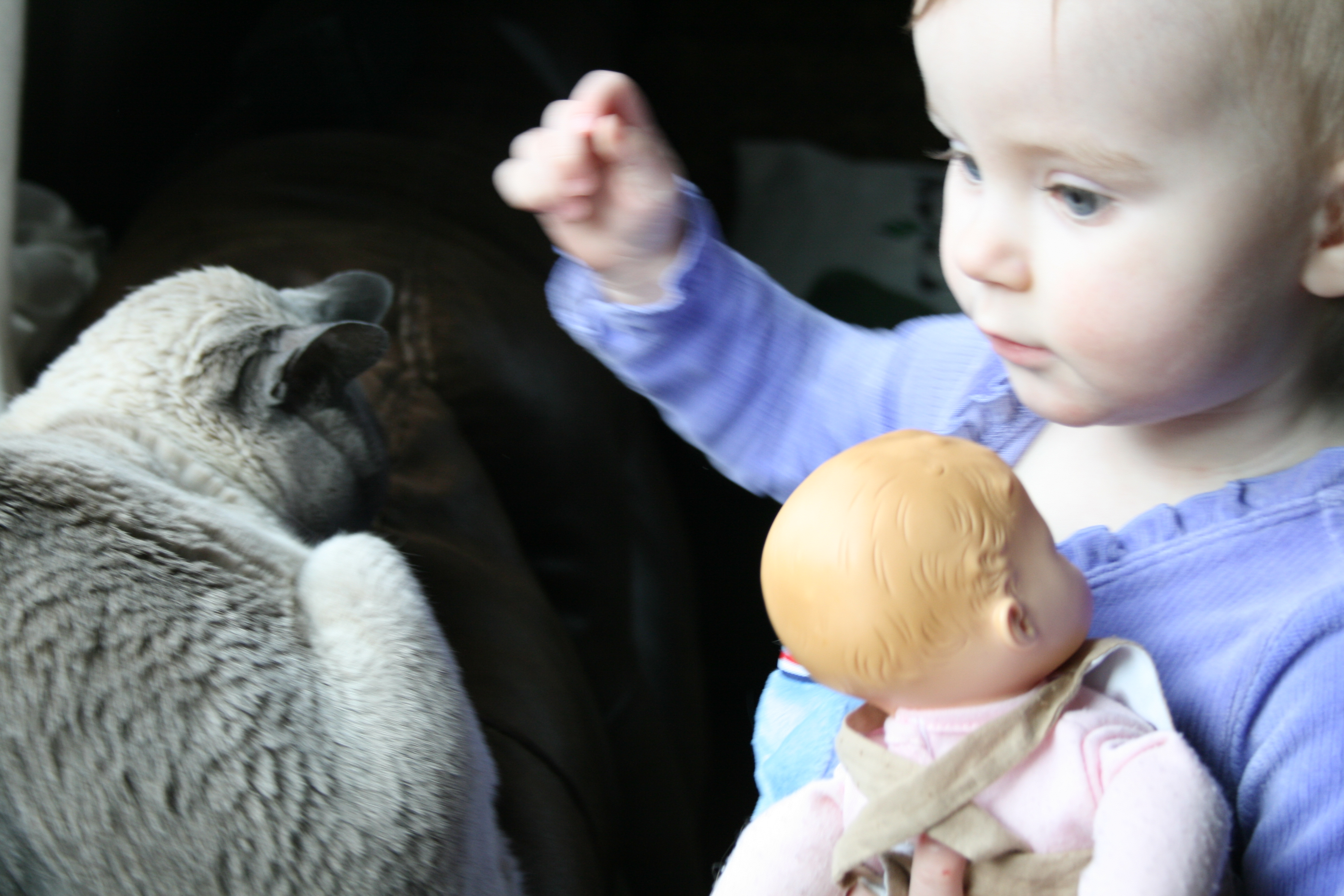It seems to come out of nowhere. One second your toddler is playing peacefully near a friend, and the next moment the other child is running to you screaming, “He bit me!” or “She hit me!” You feel embarrassed, confused, and unsure how to proceed. Meanwhile the other child’s mom is staring at you like, “Aren’t you going to DO something about this?!”
You’re sure your friend or family member is expecting you to put your child in time out, but you’ve heard that punishment undermines your connection with your child, so what to do?
Obviously you need to address this with your child, however, a child who just hit or bit is clearly not in a learning mindset. Instead, your sweet child has stress hormones coursing through her system and is in fight, flight, or freeze mode.
Start by going over to your child, hug or hold her, make eye contact and use a simple phrase like, “Hitting people is not OK.” After that, you may want to empathize, “Were you scared your friend was about to take your toy away?”
Remember, a child who’s acting out is using her best strategy to communicate her needs. She’s not trying to hurt others or annoy you. She simply doesn’t know how else to protect her personal space or express her upset.
The good news is, kids can learn these skills quickly if you’re willing to give it some effort. The key to helping a child learn a new coping strategy is to catch the child BEFORE he employs the strategy you don’t like and then offer a suggestion in the moment when you can see he’s about to hit, bite, scratch, kick or whatever else your child does to protect himself.
So, if you have a child who resorts to hitting or biting, get ready to supervise closely for the next few weeks. Trust me, this intense supervision definitely pays off. You can rest assured that if you’re consistently there to stop your child from doing the unwanted behavior and you also offer an acceptable alternative, you’ll eradicate these behaviors in a few short weeks.
But how do you know when a child’s about to bite or hit?
Here are the 7 warning signs to look for:
1) There’s no adult supervision or adults are involved in a conversation.
2) Your child is tired, hungry, and/or irritable.
3) Your child is frowning or looks unhappy whenever a friend comes near.
4) Your child is acting possessive of a particular toy or item.
5) You hear your child try to say “No,” raise his voice or begin to yell.
6) Your child is clinging to you and/or whining.
7) You see your child begin to act aggressively, with little body checks, shoves, or other physical acts.
While each child is different and has her own unique warning signs, you’ll find that once you’re looking for signs and signals that your child is about to hit or bite, you’ll begin to notice his particular way of ramping up his upset.
But if we can intervene before kids act out, we’re not just stopping them from a destructive and hurtful behavior, we’re also helping them learn to regulate their emotions and use more effective strategies for calming themselves down and establishing healthy boundaries with their friends.
And once your child feels comfortable setting clear boundaries, she’ll be much more likely to relax and enjoy her time with friends. When you feel confident that your child has the skills to use his words or other strategies, you can relax your supervision a bit. But you may want to remind everyone of the ground rules, before you leave the room.
Have a great week! Warmly, Shelly



So true! My second child was a “biter” and it was awful for all of us! I can’t remember how I noticed that it was happening at the same time of day (just before nap time) but then I started consciously looking for triggers and working really hard on her alternative conflict resolution skills – and it stopped! So much faster and more efficient than my endlessly repeating “no biting!”
Elizabby Yes! I’m so glad this worked for you. And really, better conflict resolution skills are exactly the thing that a young biter or hitter is looking for. Way to recognize the underlying need Mom!
True. I have my neice having her little teeth coming out now. I see her dong these kind of things often
I will save it for my brother
Thank you
kulls2 You’re so welcome! I’m glad you liked it. I hope it’s helpful for your brother! Have a lovely day, Shelly